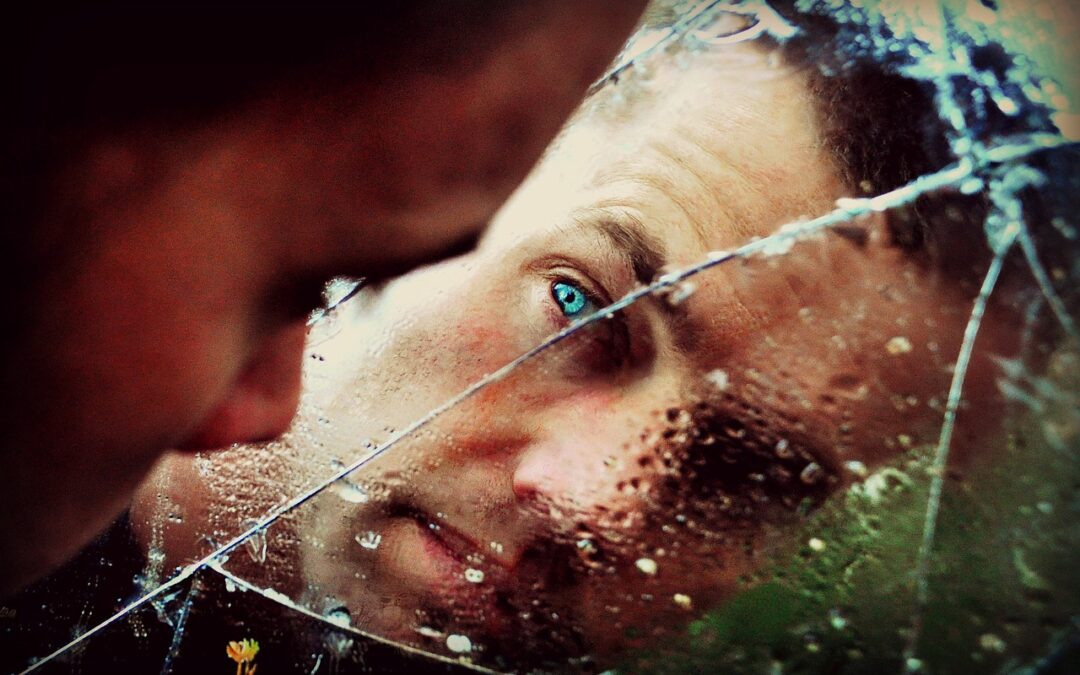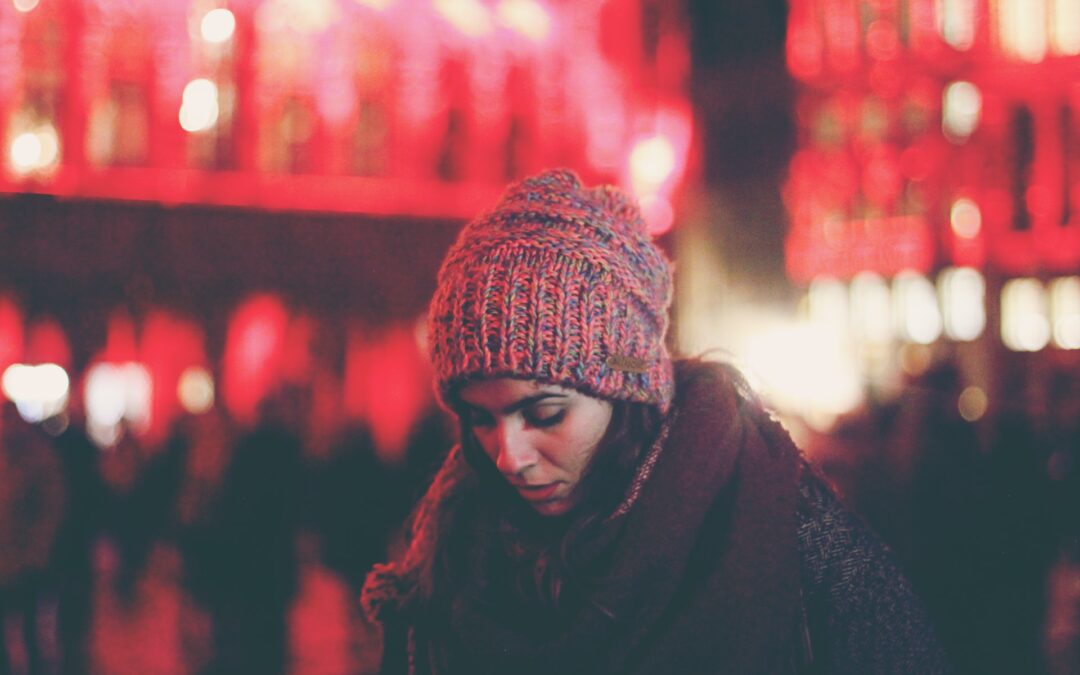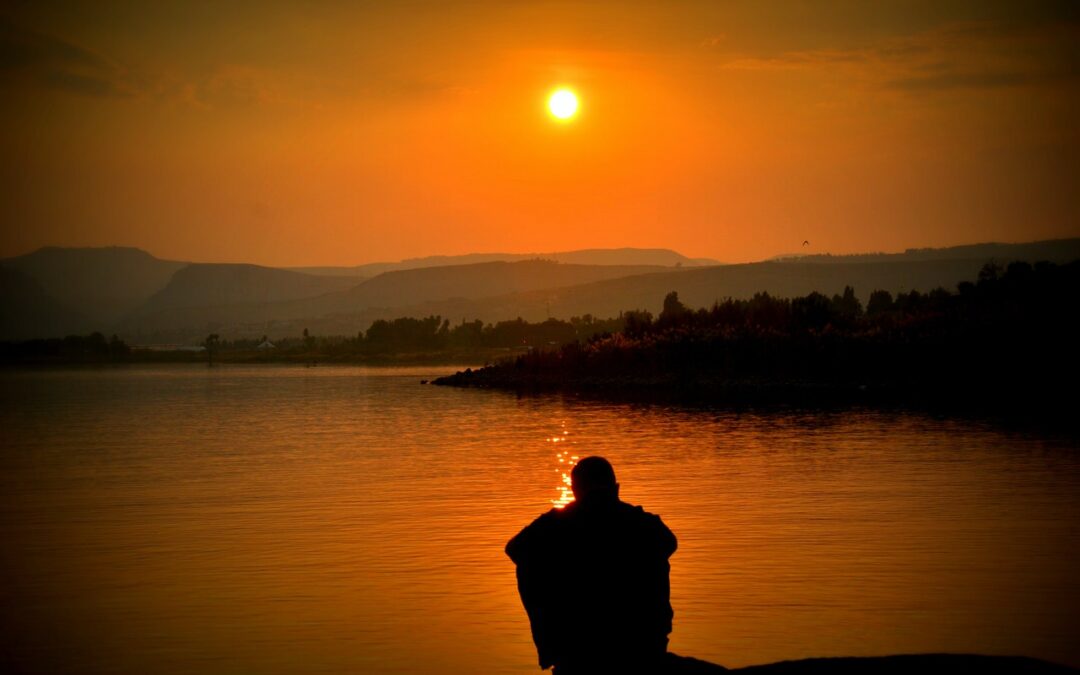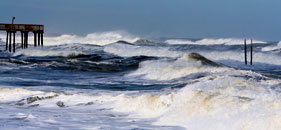
Grief and the Loss of Control
Possibly one of the hardest aspects of grief for me has been that I can’t control it.
The majority of my life was filled with desperate attempts to try to control everything in it. I wanted life to be predictable and – above all – peaceful. The problem has been what I tried to control and how I’d gone about it.
I spent many, many years trying to control the people and situations around me. I did this through careful, strategic use of my own words, actions (or lack thereof), and responses. It was exhausting and depressing. And as you can imagine, it never really worked. Maybe I could temporarily create the illusion of control; but it would never last.
Many, including myself, try to control our lives out of a need to feel safe or secure in our surroundings.
Fear of the unknown can be incredibly scary, and even panic-inducing. We experience many uncomfortable feelings like hurt, anxiety, frustration, anger, or guilt due to various situations and people around us. And we tend to want to do anything and everything to make those feelings subside. Sometimes, we can take various actions to change the situation or influence the person to behave differently.
But many times, we are completely at the mercy of unpredictability and the unknown. Death and grief are one of those times.
On the day my daughter drowned, there was a chaos of paramedics trying to revive her. I remember pleading with whoever happened to be listening to save her. I can hear myself screaming, “Please save her. SHE CAN’T DIE.” This was all amid my hysterical sobs and falling to my knees.
The idea that she was dead and couldn’t be saved was unacceptable. No. Through sheer determination, I would will her back to life. And yet, even on that day while I watched the paramedics and then the ER staff desperately work on her for what seemed like hours, part of me knew she had already died.
The grief that took over in the aftermath of her death was overwhelming.
Looking back, I’m not sure what was worse: the excruciating pain of missing my daughter, or the complete and utter lack of control of anything.
I couldn’t change what happened and bring her back to life. I couldn’t control my thoughts or emotions and was a complete wreck for days and weeks. Things that used to be automatic and easy, like cooking or showering were now unbearable and almost impossible. I could no longer tell my other children everything would be ok when I couldn’t possibly imagine that anything would ever be “ok” again.
But it wasn’t just a loss of control. It was being face-to-face with the unknown.
Questions raced through my head. What if I had just stopped to play with her the last time she asked? What if I had brought her with me that morning? Why did it happen to us? Will I ever be ok again? What is going to happen to my family? My other children? My marriage? What happens after we die? Will I ever see her again? None of these questions could be answered. I couldn’t control any of it by choosing the “right” words or actions.
As time went on, my grief took many unexpected twists and turns. I never knew how I would feel from one moment to the next.
I never knew what would trigger my emotions and leave me a crying mess, or in an angry rage, or in a state of panic. And the triggers themselves were random and unpredictable. I would desperately try to figure out what triggered me to try to avoid it in the future. But most of the time, I felt completely out of control. And despite attending counseling and support groups, there was nothing I could really do about it.
I’m not sure when I came to terms with it.
I’m not sure when I accepted that grief, in its very nature, is unpredictable and uncontrollable. But when I did finally accept it, it had an unexpected result: I felt relief.
It was as if a weight had been lifted off my shoulders. Now, when intense grief appears seemingly out of nowhere, I am better able to accept it, process it, seek support for it. And I know that it will eventually pass.
I don’t know what the future will bring, but for the first time in my life, I’m okay with that.
I work on resisting the urge to control others with my words and actions. Instead, I try to speak the truth and express my feelings and needs. I’m okay with focusing on the here and now, yet not forsaking planning for the future. It takes less energy, produces less anxiety, and provides more contentment. It allows me to enjoy the moment.
But I would be lying if I didn’t admit I still wish I could change the past.
I love and miss you, Margareta.





 This website was inspired by the memory of Margareta Sol Kubitz in hopes of helping others work through the pain of grief.
This website was inspired by the memory of Margareta Sol Kubitz in hopes of helping others work through the pain of grief.